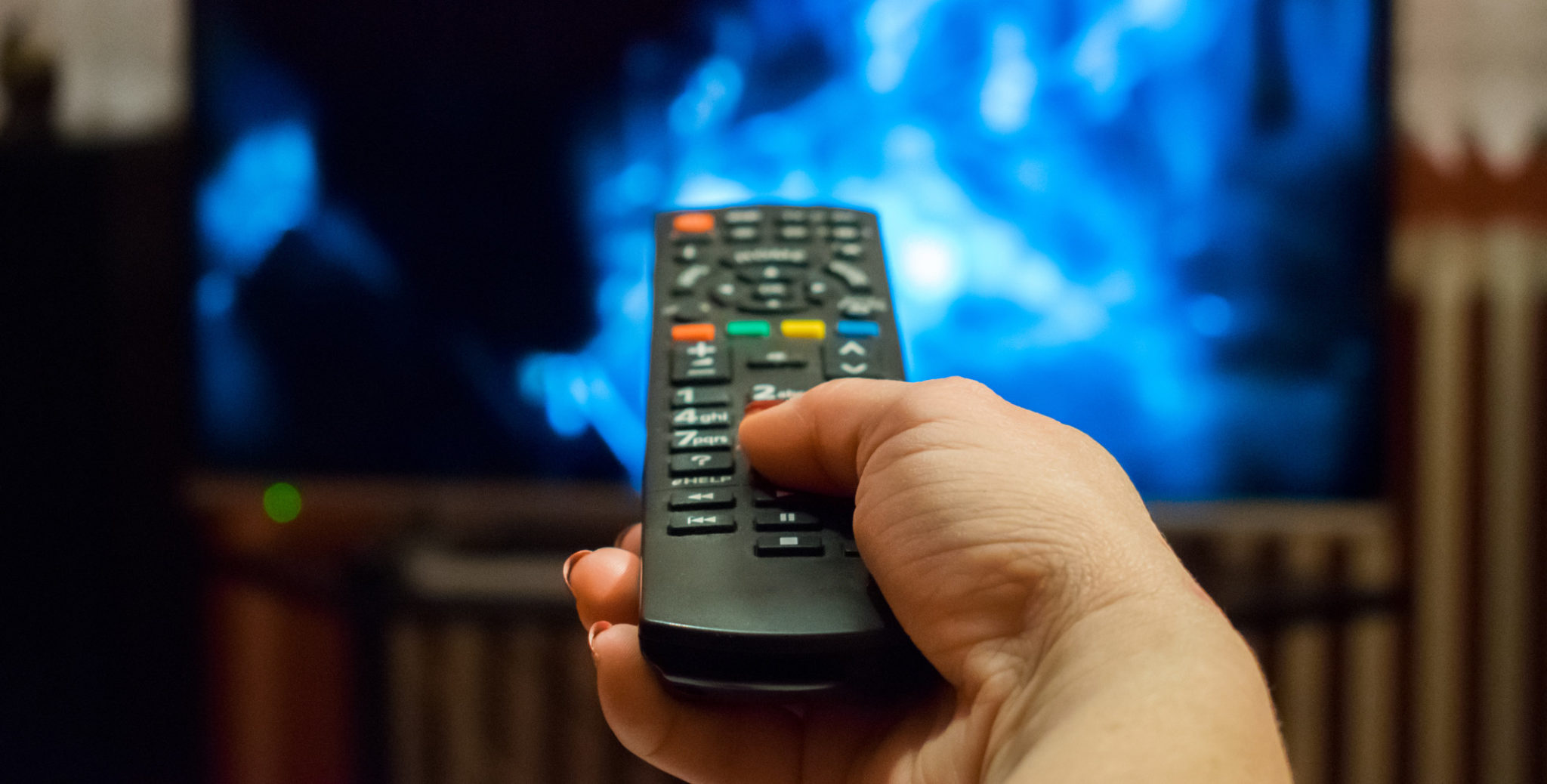The “triple play” bundle of fixed services that included phone, television, and internet service was once a staple of homes, with cable TV and telecom providers pushing to sign up for their package of services. But as a result of cord cutting, it’s expected to see a steady decline over the next several years.
The percentage of triple play households will fall to 18% in 2028, compared with 22% this year and nearly 30% in 2019, according to research firm GlobalData. It’s more robust sibling, the quadruple play, which incorporated mobile service, will also decline, although it only represented a small percentage to begin with.
That doesn’t mean bundles are completely dead, with GlobalData estimating that the double play bundle will rise to a quarter of all U.S. households, inching up from 24% this year. But the makeup of the bundle is different, with 5G home internet increasingly one of the core services. While the traditional triple play bundle is going away, the number of households with a bundle of some sort will continue to rise.
The data underscores the impact that cord cutting is having on the kinds of services we want, with internet the tentpole offering, and everything else built around it. That internet offering could come in the form of cable, fiber or, increasingly, 5G home or satellite-based broadband services. These bundles, which GlobalData calls fixed mobile convergence, represents a shift in consumer demand, as well as what actually makes up the new bundle, which could include streaming services and other offerings.
“(Fixed mobile convergence)is also being boosted by the growing adoption of fixed wireless access (FWA) services offered by leading telcos like Verizon, T-Mobile US, and AT&T,” said Tammy Parker, an analyst at GlobalData. “Furthermore, Verizon and AT&T are also expanding their fiber broadband footprints, and T-Mobile has entered the fiber fray, offering more opportunities for subscribers to get both home broadband and mobile services from the same carrier.”
The new dynamic is why cable companies like Comcast and Charter Communications are increasingly talking about broadband speeds and reliability, and are willing to start bundling streaming services in place of cable channels. Even T-Mobile, which is the leader in 5G home internet, is looking at the fiber business. Verizon, meanwhile, is pushing “super bundles” that tie together a host of other services from Pelaton to Apple’s iCloud service.
“The focus is shifting to broadband as consumers adopt over-the-top communications, entertainment, and other digital services offered over the Internet,” said Jesús Romo, analyst at GlobalData. “In turn, this is creating opportunities to offer ‘skinnier’ bundles in terms of number of services, but with emphasis on the capacity of that bundle in terms of data speeds or mobile data allowances to offer an ‘always connected’ experience.”

